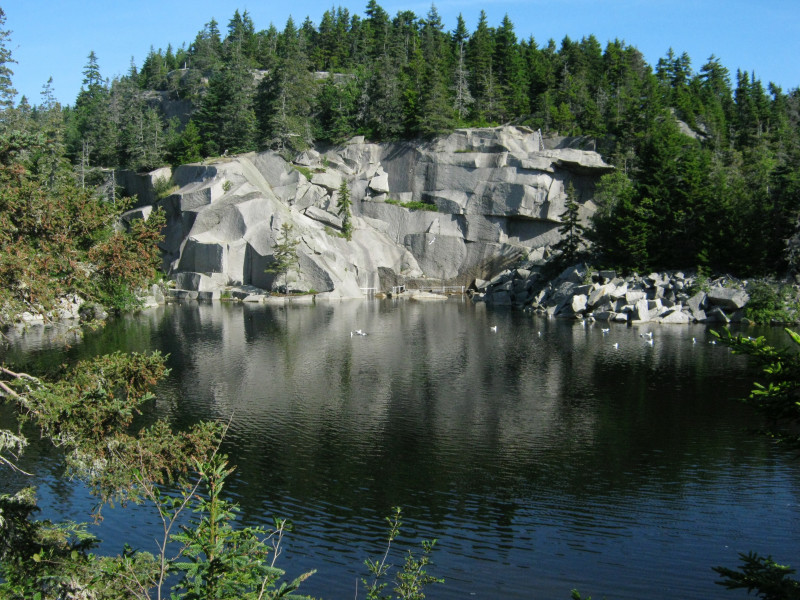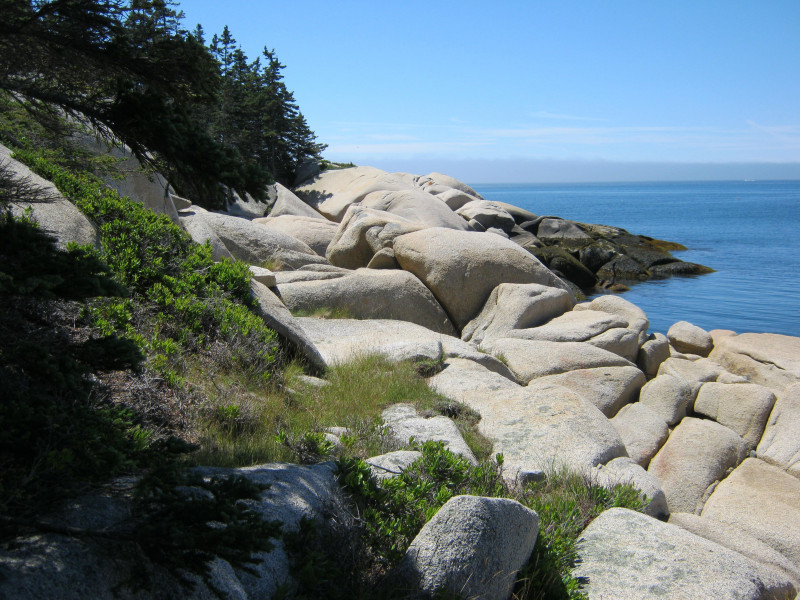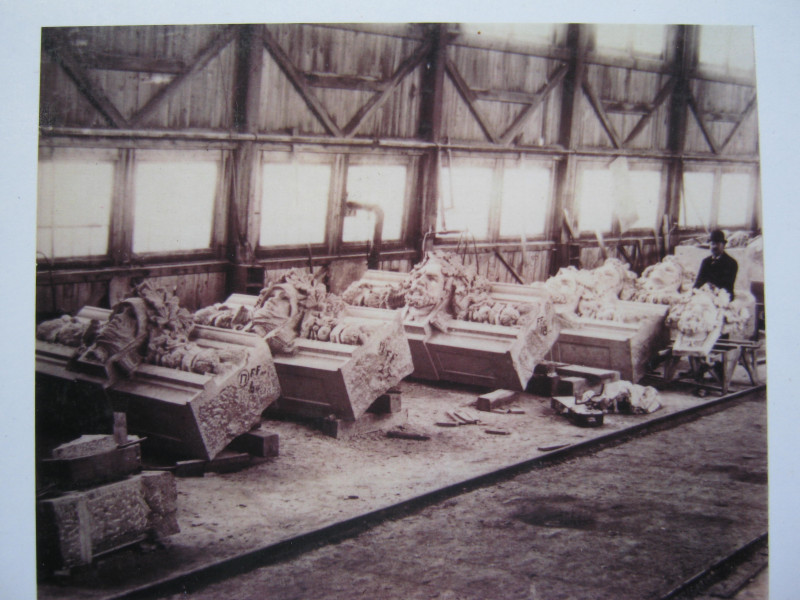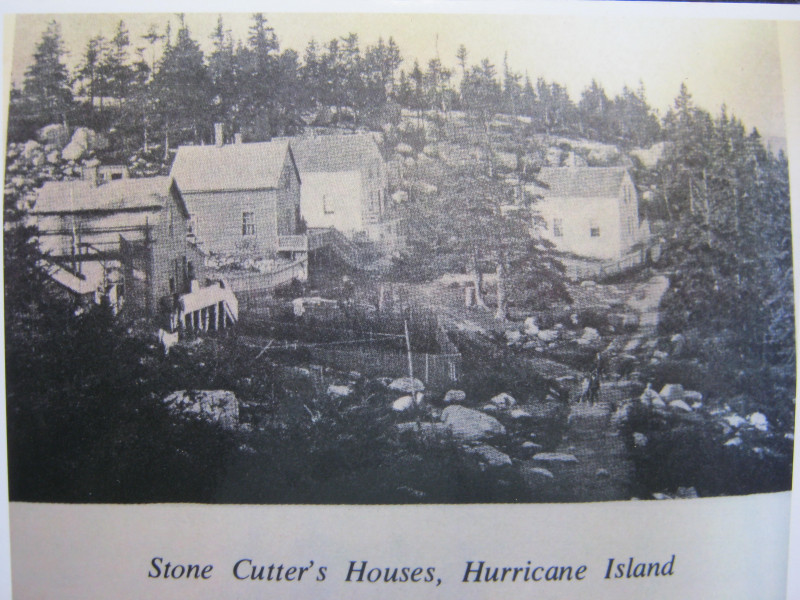Fieldwork
This listing expired on August 22, 2019. Please contact teddy@hurricaneisland.net for any updated information.





Location: Rockland, ME, US
Season: August 19, 2019 to August 22, 2019
Session Dates: August 19-22, 2019
Deadline Type: Contact for details
Website: http://www.hurricaneisland.net/archaeology
Program Type:
Field school
RPA Certified:
no
Affiliation:
University of New England, Columbia University
Project Director:
Dr. Arthur Anderson, University of New England, and Jeff Benjamin, Columbia University
Project Description:
The remains of late nineteenth century granite mining and finishing at Hurricane Island, Maine, are a testament to a very recent instance of humans’ enduring relationship with stone. Several millenia earlier along the Maine coast, coastal tribes such as the Micmac and Abenaki — using stone tools — fished, hunted and lived in the same areas where Maine’s granite business was later active, including the works at Hurricane Island. Just as the granite quarries of the late nineteenth century left their mark on the island landscape in the form of stone foundations, quarries, rusting tools, and scattered remains; the coastal Wabanaki tribes left traces of their presence: debitage, points, hammerstones, and middens. The coexistence of these remains allow us to consider the legacy of human beings as stone-working creatures across time, and how the many varieties and processes involved in stone quarrying and refinement inform sociality and social structures, such as trade, consumption and population. This summer’s archaeological field program will embrace the challenge of looking at humans’ relation with stone across millenia, as made manifest by the material remains at Hurricane Island.
In this four day course hosted by the Hurricane Island Center for Science and Leadership, students will become familiar with the archaeological history of granite production and Wabanaki presence at Hurricane Island as well as the wider coastal environment. Fieldwork will be comprised of demonstrations of Wabanaki stone working techniques as well as nineteenth century granite quarrying and dressing. We will continue to survey and map the island’s many remaining anthropogenic features. We will also conduct excavation work on selected locations in order to determine the extent of Wabanaki presence, and also to gain a more nuanced understanding of the lives and habits of the significant granite working population which peaked in the late 1800’s, and which has limited historical documentation.
Period(s) of Occupation: Pre-historic/Historic
Project Size: 1-24 participants
Minimum Length of Stay for Volunteers: 4 days
Minimum Age: 18
Room and Board Arrangements:
Room and board at Hurricane Island are included in tuition price. Cost: Please see the Hurricane Island website for enrollment details: http://www.hurricaneisland.net/archaeology
The AIA is North America's largest and oldest nonprofit organization dedicated to archaeology. The Institute advances awareness, education, fieldwork, preservation, publication, and research of archaeological sites and cultural heritage throughout the world. Your contribution makes a difference.
Notifications